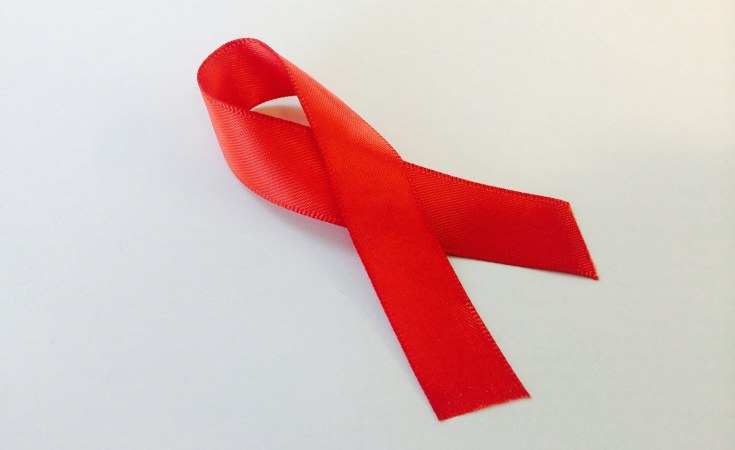 HIV/Aids awareness ribbon.
HIV/Aids awareness ribbon.
By Luminous Jannamike
The 2020 target set out by the Federal Government in the Global HIV Prevention Coalition have been underachieved, a report released by a group of civil society organizations working in partnership to inspire, transform and connect (PITCH) the HIV response said on Monday.
The report reviewed the HIV prevention action plan of the President Muhammadu Buhari-led administration since 2017, and examined the effectiveness of policies and programmes that had been implemented.
Entitled, ‘Nigeria HIV Prevention Shadow Report 2020’, it articulated the civil society perspective on how Nigeria performed in the implementation of global HIV Prevention 2020 Road Map.
Briefing journalists at the public presentation of the report in Abuja, the Country Focal Person of PITCH partners, Dr. Tony Nkwocha, said the Federal Government’s HIV spending during the period also underachieved.
He, however, noted some significant progress on structural barriers such as gender-based violence.
“Most of the action plan in the HIV prevention roadmap and the budgets have been underachieved.
“The global target is that by 2030, there should be zero new HIV infection, and countries Including Nigeria signed onto that prevention target.
“According to the global roadmap, the Federal Government targeted a reduction of new HIV infections from 94,000 annually to 23,500 by 2020 which is a landmark year.
“But as it stands today, we already have 82,000 new HIV infection cases reported this year, meaning that there is an underachievement of the 2020 target.
“The major challenges that have inhibited the achievement of the goals are lack of political leadership, restrictive laws and policies, insufficient funding, and lack of implementation at scale of prevention programmes.
“To address these constraints, Nigeria must commit to sustaining progress on and funding for HIV prevention and must protect the human rights of the most marginalised communities,” he said.
Nkwocha also stated that police crackdown, human rights abuses, violence and stigma towards marginalised communities were still common.
Meanwhile, the HIV Prevention Shadow Report 2020 recommended that the federal government repealed two laws which criminalise key populations such as lesbians and sex workers and enable crackdowns, human rights abuses, and violence against them.
It also urged that political leaders should recognize the crisis in HIV prevention and urgently increase leadership and accountability in order to secure a reduction of new infections.
“Nigeria’s Ministry of Health must maintain and indeed increase investment in HIV prevention, including funding for key population-led groups, as these organizations are in a strong position to provide accessible and effective services to the most marginalised,” part of the report stated.
On quality programming, the report urged the federal government to improve systems to track HIV prevention programme coverage and quality by providing technical support on the issue.
Vanguard News Nigeria
Read the original article on Vanguard.